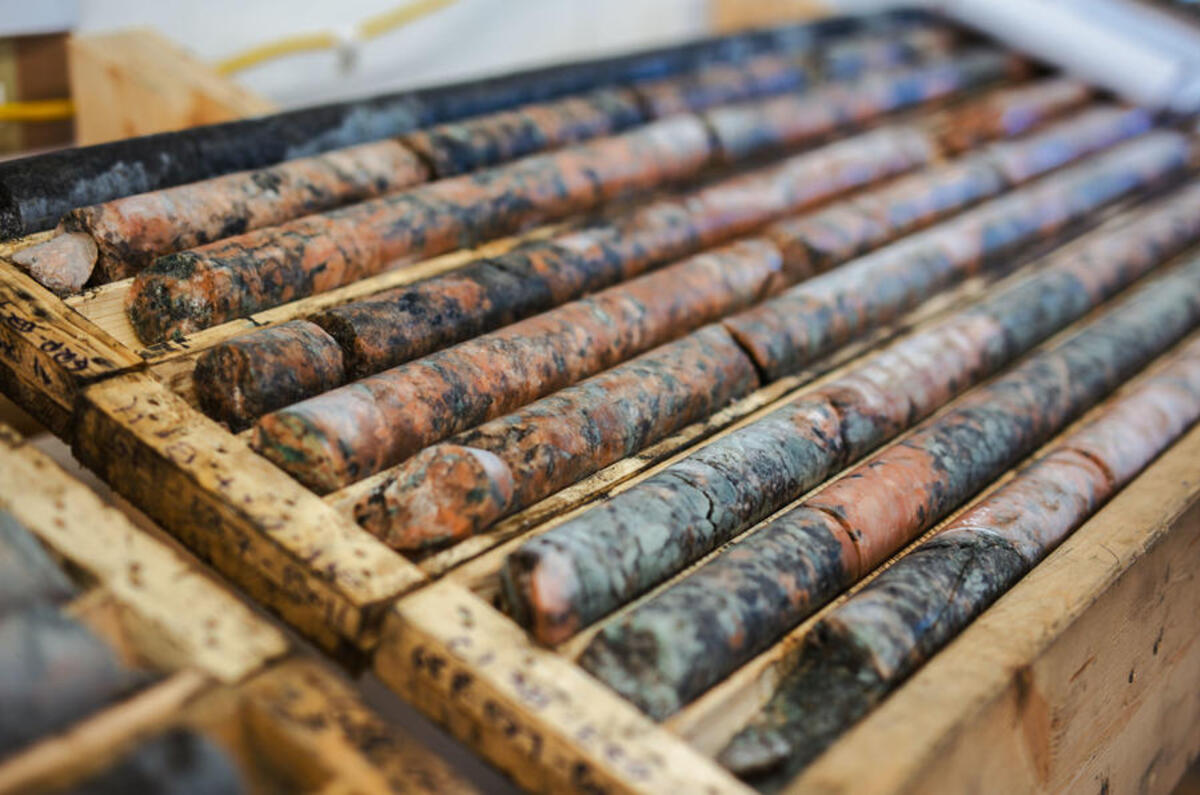The UK and the US have announced they are working on an agreement to open the US market to UK battery materials. The launch of negotiations was hailed by UK prime minister Rishi Sunak as “giving UK companies stronger access to the US market”, but how significant would this agreement be?
What the UK and US are working on is a “critical minerals agreement” that could enable UK battery materials to enter the US tariff free and qualify as 'local' for US vehicle makers hoping to access the very generous subsidies handed out as part of the Inflation Reduction Act (IRA).




Join the debate
Add your comment
A dangerous decision: The US pushes the UK into the arms of the IRA.